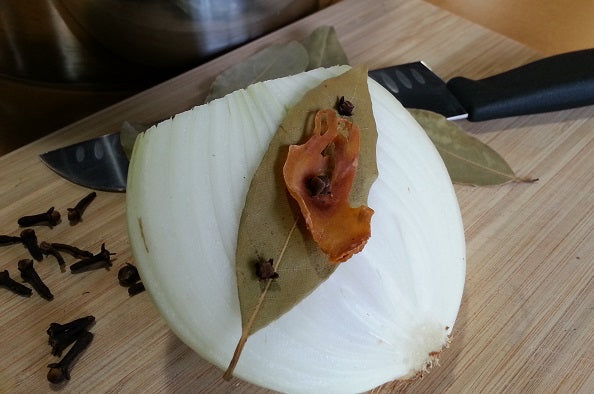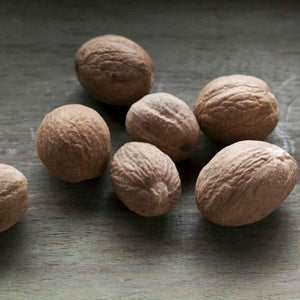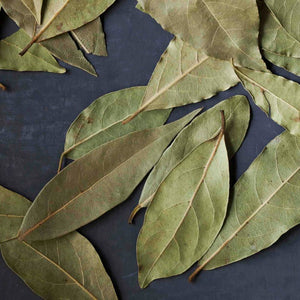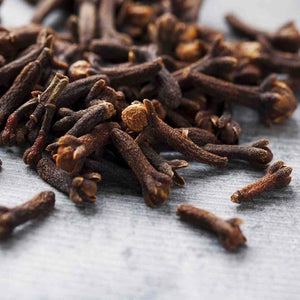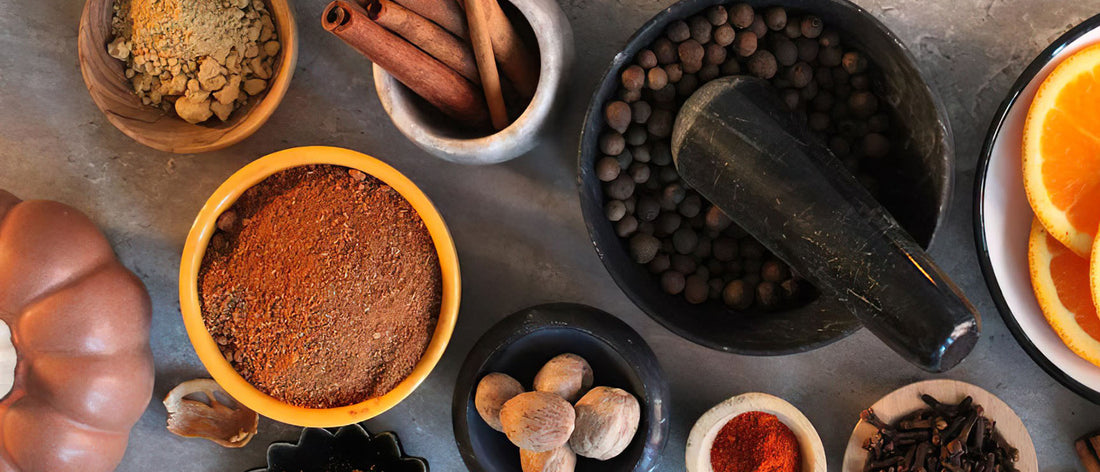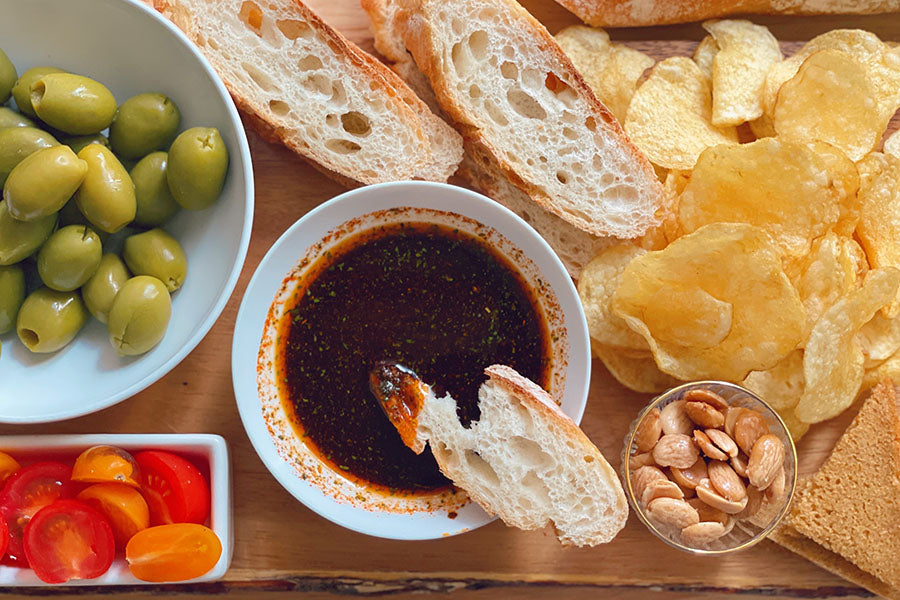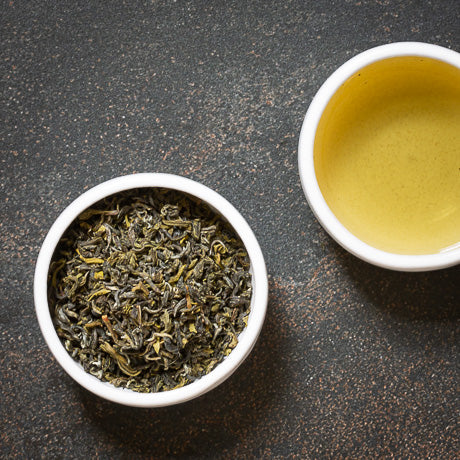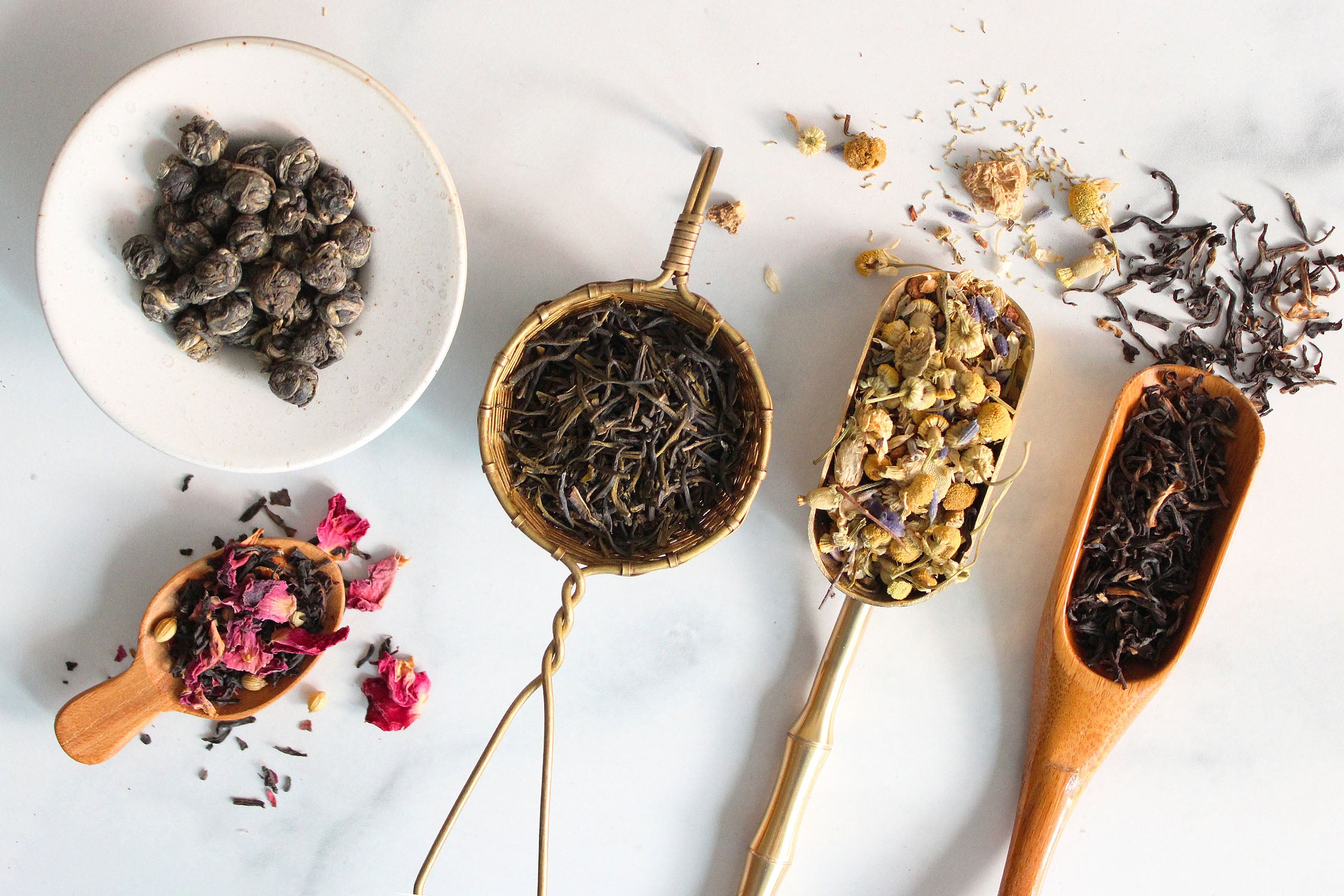As the recipe below demonstrates, there are not many ingredients in the basic béchamel sauce; just milk, roux, and the onion cloute. An onion cloute is an onion studded with cloves and a bay leaf, and although I've seen some recipes call the cloute optional, it is not. The onion cloute is essential, as it is the only flavor added to the milk besides butter. An Italian chef I once worked for insisted that a béchamel was never complete without a bit of nutmeg, an ingredient that was conspicuously absent from béchamel recipes in my traditional French culinary education. Once I tasted his version, I never again made my béchamel without a dusting of freshly ground nutmeg to finish it. Never, that is, until a few weeks ago when we were lucky enough to get the first shipment of mace blades we've been able to secure in years. I had always used a mixture of mace powder as well as a little extra freshly grated nutmeg when making creamed spinach from a béchamel base, but I had been reluctant to to try including mace powder in every batch of my béchamel for fear of the flavor being overpowering. This is a perfect application for mace blades! By adding a nice mace blade or two to my onion cloute, I could get the subtle mace flavor I was looking for without overshadowing other flavors.
Béchamel itself is used in many recipes for lasagna, croque madames, or soups, but there are quite a few other sauces that can be derived from a basic béchamel, often by adding just a few ingredients. The French call these "small sauces" and some of my favorites are: Cheddar cheese - add some shredded cheddar cheese, Mustard Powder, and Worcestershire sauce or Worcestershire powder. Mustard sauce - add some prepared mustard. Crème Sauce - just whisk in some heavy cream (I also like to add a heavy pinch of Piment d'Espelette.)


